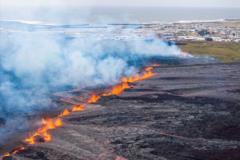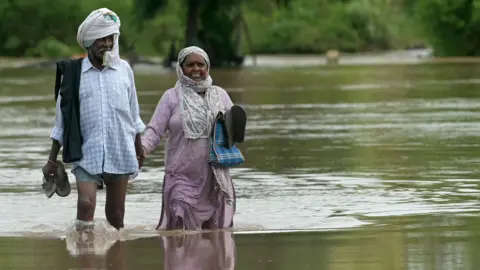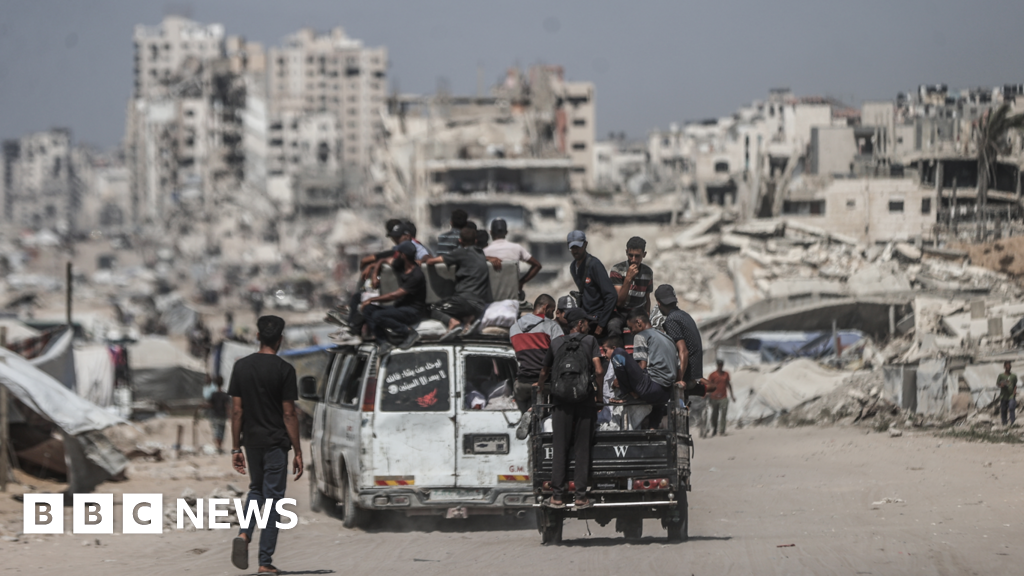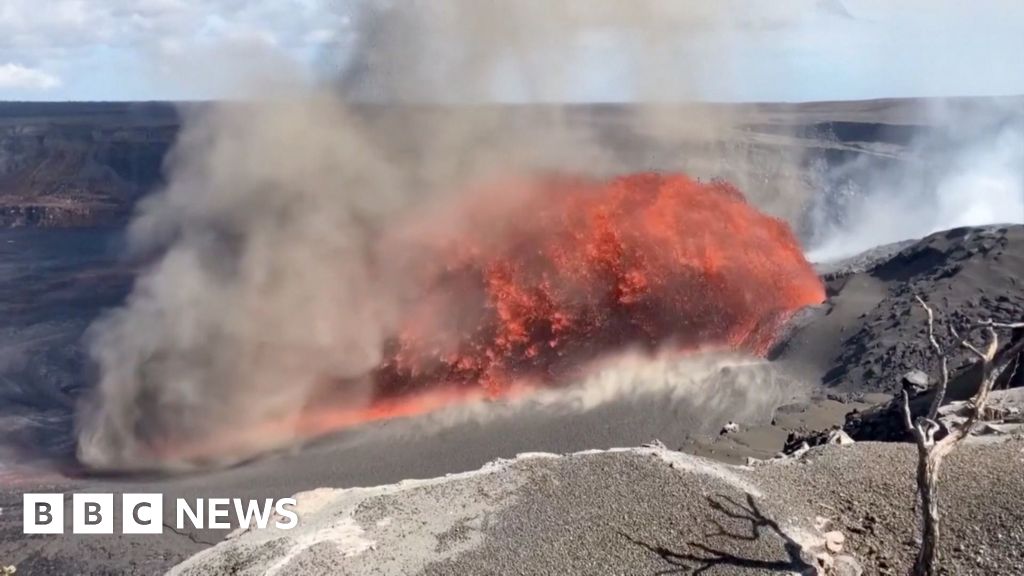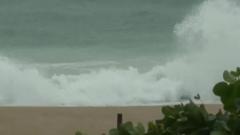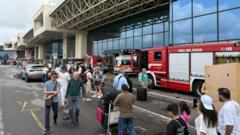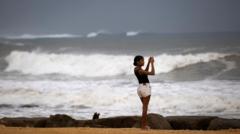Residents and tourists have been urgently evacuated from a volcano site in south-west Iceland, following the sudden eruption that poses a significant risk to the fishing town of Grindavik and popular attractions like the Blue Lagoon spa. The eruption, which began early in the morning, has resulted in a dramatic display of lava flowing from a crack in the ground that has now extended to a length of 1.2 kilometers (approximately 0.75 miles). The Icelandic authorities have recorded multiple earthquakes in the region throughout the day, which intensifies the growing anxiety among locals and visitors.
As the people of Grindavik grapple with this perilous situation, many residents chose to heed the evacuation orders, but some have opted to stay put in their homes despite the visible dangers. Asrun Kristinsdottir, a local leader, shared her experience, stating she had always been prepared for such emergencies but this instance felt uniquely alarming due to the incessant seismic activity she experienced while packing to leave. Police officials have reiterated the urgent need for residents to vacate the danger zones, however, a handful of families have decided to resist evacuation.
The eruption has compromised safety provisions around Grindavik, with recent reports from the Icelandic Meteorological Office (IMO) indicating that a fresh fissure has erupted near the town. The geological stress caused by the eruption has already resulted in a broken hot water pipeline in Grindavik. Nonetheless, there are indications that volcanic activity had subdued somewhat by early afternoon, providing a brief moment of respite for those affected.
One business owner, Thormar Omarrson, expressed his sorrow over the need to relocate after dedicating three decades to his pizzeria in Grindavik. He recalled the emotional toll of leaving behind a community where his family had deep roots. Meanwhile, some individuals remain unwilling to leave, highlighting the complex emotional ties that residents have to their homes despite the hazards.
The current eruption marks a continuation of volcanic activity that has been present on the Reykjanes Peninsula since 2021, with the area having not experienced such frequent eruptions for over 800 years. Authorities warn that volcanic gases may spread towards the capital, raising further public health concerns. Iceland, known for its positioning along the Mid-Atlantic Ridge, has 33 active volcano systems, making volcanic threats a recurrent theme for the nation.
As the people of Grindavik grapple with this perilous situation, many residents chose to heed the evacuation orders, but some have opted to stay put in their homes despite the visible dangers. Asrun Kristinsdottir, a local leader, shared her experience, stating she had always been prepared for such emergencies but this instance felt uniquely alarming due to the incessant seismic activity she experienced while packing to leave. Police officials have reiterated the urgent need for residents to vacate the danger zones, however, a handful of families have decided to resist evacuation.
The eruption has compromised safety provisions around Grindavik, with recent reports from the Icelandic Meteorological Office (IMO) indicating that a fresh fissure has erupted near the town. The geological stress caused by the eruption has already resulted in a broken hot water pipeline in Grindavik. Nonetheless, there are indications that volcanic activity had subdued somewhat by early afternoon, providing a brief moment of respite for those affected.
One business owner, Thormar Omarrson, expressed his sorrow over the need to relocate after dedicating three decades to his pizzeria in Grindavik. He recalled the emotional toll of leaving behind a community where his family had deep roots. Meanwhile, some individuals remain unwilling to leave, highlighting the complex emotional ties that residents have to their homes despite the hazards.
The current eruption marks a continuation of volcanic activity that has been present on the Reykjanes Peninsula since 2021, with the area having not experienced such frequent eruptions for over 800 years. Authorities warn that volcanic gases may spread towards the capital, raising further public health concerns. Iceland, known for its positioning along the Mid-Atlantic Ridge, has 33 active volcano systems, making volcanic threats a recurrent theme for the nation.

